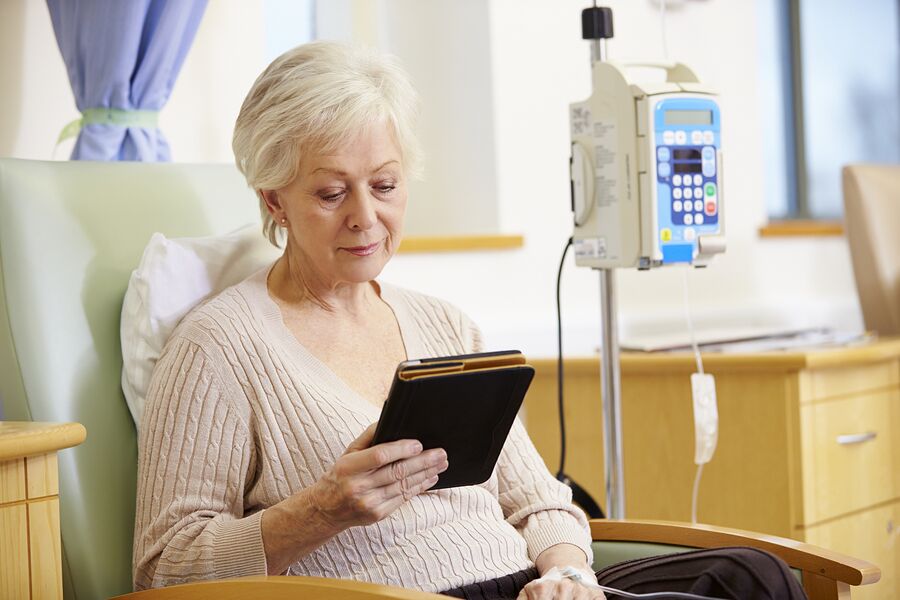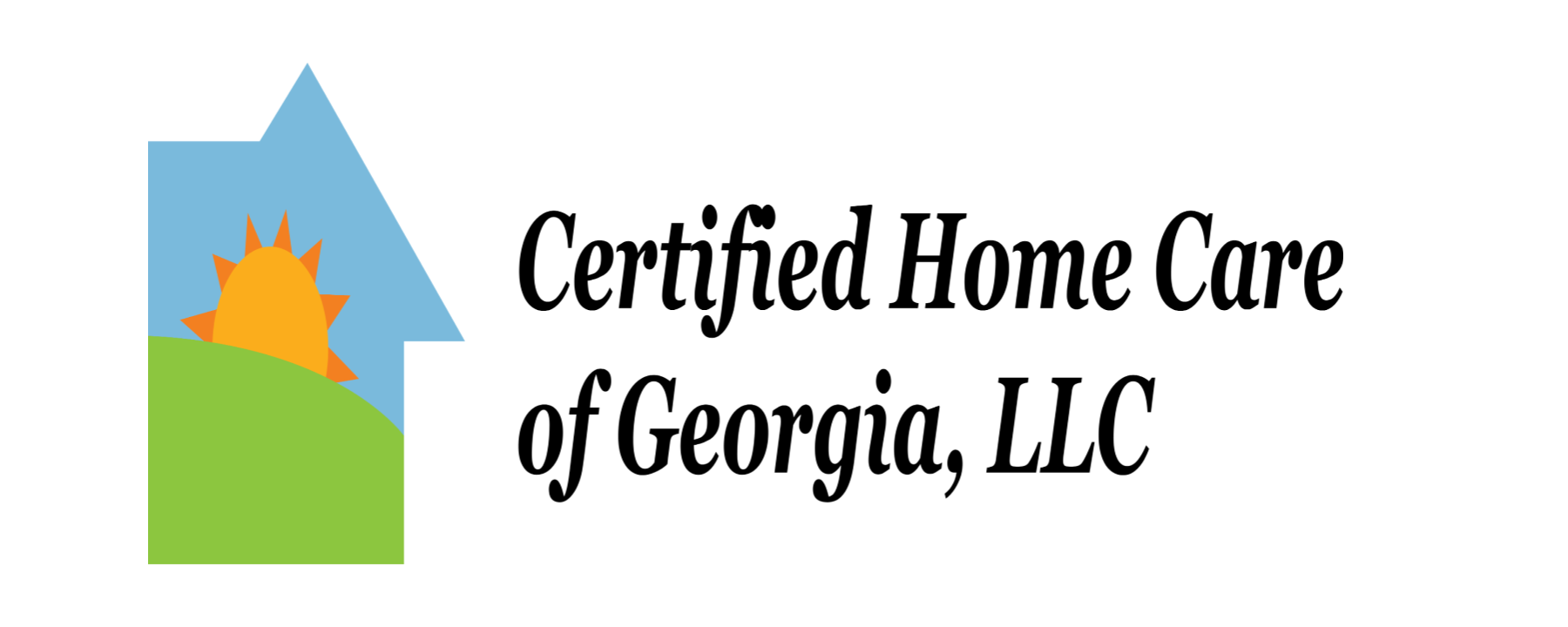
Leukemia vs. Lymphoma: What’s the Difference?
A person can get cancer in any part of their body, even in their blood. Sometimes when a family is told that an older adult relative has leukemia or lymphoma, they aren’t sure exactly what that means. The two are often confused for one another. If you have a senior family member who was recently diagnosed with one of these forms of blood cancer, knowing the difference can be important in understanding what to expect next.
Similarities and Differences
Leukemia and lymphoma are similar in that they are both types of blood cancer. The main difference between them is that leukemia occurs in bone and blood. Lymphoma is found in the lymph nodes.
Other similarities and differences are:
Prevalence: Slightly more people get lymphoma than leukemia. Estimates indicate that around 83,000 people will get lymphoma this year and 60,000 will get leukemia.
Gender Affected: Both types of blood cancer happen more in men than women.
Survival Rate: Lymphoma has a better rate of survival than leukemia does.
Origin: Both are caused by a problem in the white blood cells.
More About Leukemia
There are actually several kinds of lymphoma. Some of them are more prevalent in adults than children. Leukemia causes bone marrow to make white blood cells that don’t work the way they should. The white blood cells don’t die off like they should and eventually crowd out red blood cells and platelets.
Because the white blood cells aren’t formed properly, they aren’t able to fight illnesses like healthy white blood cells do. In addition, the lack of red blood cells makes it hard for enough oxygen to get to all the body’s tissues. Having fewer platelets means that blood doesn’t clot the way it should, so someone with leukemia may bleed more than normal when injured.
More About Lymphoma
Lymphoma affects the lymphatic system, which is the part of the body that fights off illnesses. The lymphatic system is made up of:
- Lymph nodes.
- Spleen.
- Thymus gland.
- Bone marrow.
Lymphoma can affect any of these parts of the body. There are many kinds of lymphoma, but the most common kinds are Hodgkin’s lymphoma and non-Hodgkin’s lymphoma. The treatment the doctor prescribes will depend on the kind of lymphoma and the part of the body affected.
If your senior family member has been diagnosed with leukemia or lymphoma, home care can help. A home care provider can drive the older adult to treatment appointments. Home care can also make it easier to cope with side effects from chemotherapy or radiation. In addition, because cancer can be very stressful, it can help to have a compassionate home care provider present to ease worries and distract the senior when they feel anxious.
If you or an aging loved-one are considering Home Care Services in Braselton, GA, please contact the friendly staff at Certified Home Care of Georgia. Call today 770-635-8042
Sources
Medicalnewstoday.com
Webmd.com/understanding
Mayoclinic.org/diseases/syc-20374373
Webmd.com/cancer
Mayoclinic.org/diseases/syc-20352638
